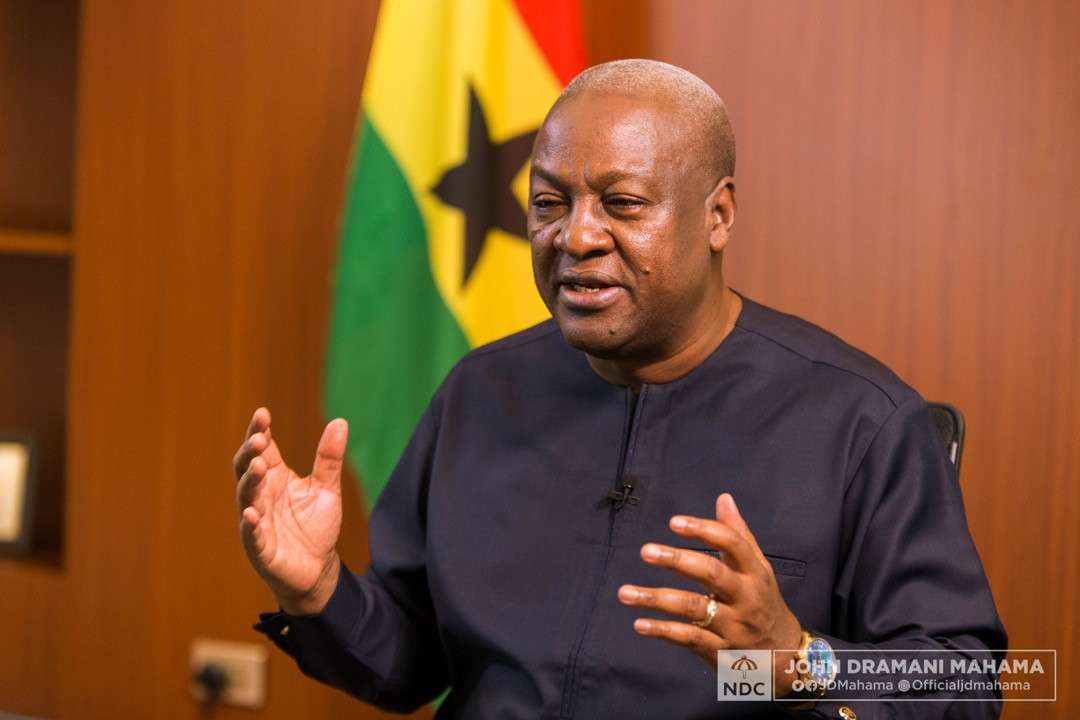President Nana Akufo-Addo has received a petition seeking the removal of Chief Justice Gertrude Torkonoo from office for alleged stated misbehaviour and incompetence.
The petition, filed by a Ghanaian national, claims that constitutional and administrative breaches committed by the Chief Justice warrant her removal to safeguard the integrity of the Judiciary.
Procedure for Removal of Chief Justice Removal
Under Article 146 of Ghana’s 1992 Constitution, the process for removing a Justice of the Superior Courts, including the Chief Justice, is clearly defined. This provision requires that any such petition be submitted to the President, who must act in consultation with the Council of State.
The landmark Frank Agyei Twum v Attorney General case of July 12, 2006, clarified the process. According to the Supreme Court’s ruling in that case, the President must first determine, in consultation with the Council of State, whether the petition establishes a prima facie case before appointing a committee to investigate.
The Investigative Process
Should a prima facie case be established, the President is required to constitute a five-member committee to probe the matter. This committee would include:
- Two Justices of the Supreme Court (one of whom is appointed as Chairman by the President).
- Three other persons who are neither members of the Council of State, Parliament, nor legal practitioners.
After thorough investigations, the committee will submit its recommendations to the President, who is bound by law to act in accordance with the committee’s findings.
If, however, no prima facie case is found, the petition will be dismissed outright.
A Precedent for Dismissal
A similar petition filed in 2021, seeking the removal of then-Chief Justice Kwasi Anin-Yeboah, was dismissed after the President, in consultation with the Council of State, found no prima facie case. That petition, brought by the Alliance for Social Equity and Public Accountability, highlights the rigorous nature of the constitutional process.
A Privileged and Confidential Hearing
Article 146(8) of the Constitution mandates that all proceedings regarding the removal of Superior Court judges, including the Chief Justice, be held in camera (privately). The Chief Justice, or any Justice under review, has the right to defend themselves either personally or through a lawyer or expert of their choice.
The provision states:
“All proceedings under this article shall be held in camera, and the Justice or Chairman against whom the petition is made is entitled to be heard in his defence by himself or by a lawyer or other expert of his choice.”
Timing and Next Steps
The petition, reportedly filed on December 16, 2024, comes just weeks before President Akufo-Addo concludes his tenure. While the details of the alleged breaches remain undisclosed, sources indicate the Petitioner expects the President to rigorously adhere to the constitutional process.
With the judiciary’s integrity at the core of this petition, the coming days will be crucial as the President, in consultation with the Council of State, decides whether a prima facie case exists to warrant further action.










































